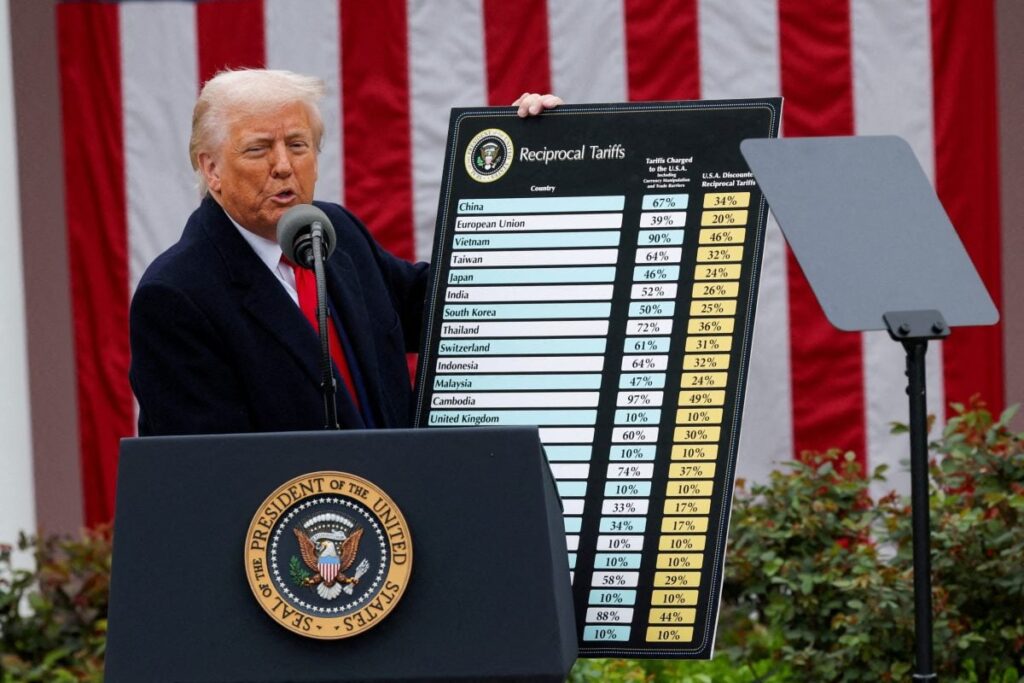Trump tariff push sees new twist as court blocks most duties

A U.S. trade court ruling that blocked most of President Donald Trump’s tariffs and found he had overstepped his authority triggered some relief on financial markets on Thursday, while adding to the uncertainties weighing on the global economy.
The Wednesday decision affects the blanket tariff orders issued by Trump since January rooted in the International Emergency Economic Powers Act (IEEPA), a law meant to address threats during a national emergency.
Fentanyl tariffs blocked
This includes previous tariffs levied on Canadian goods related to U.S. border security and fentanyl, Bloomberg reported. It does not cover sector-specific tariffs, such as those on steel, aluminum and car imports.
Read Also


Nutrien plans major Pacific Northwest terminal to boost potash exports
Nutrien is planning a major terminal in a Canadian or U.S. Pacific northwest port to increase the flow of potash.
Goods covered under the CUSMA trade agreement were exempt from 25 per cent duties, including most agricultural products.
Trump’s administration immediately said it will appeal and analysts said investors will remain cautious as the White House explores its legal avenues.
For more tariff coverage, visit the Western Producer’s tariff tab.
If the court ruling holds, the president could deploy other trade laws to impose sector-specific levies as well as across-the-board and country-specific tariffs.
Following a market revolt after his major tariff announcement on April 2, Trump paused most import duties for 90 days and said he would hammer out bilateral deals with trade partners.
But apart from a pact with Britain this month, agreements remain elusive and the court’s stay on the tariffs may dissuade countries like Japan from rushing into deals, analysts said.
Uncertainty continues
Another pause in Trump’s stop-start trade policy could be helpful to opponents of his tariffs and to traders who relish volatility.
“Assuming that an appeal does not succeed in the next few days, the main win is time to prepare, and also a cap on the breadth of tariffs – which can’t exceed 15 per cent for the time being,” George Lagarias, chief economist at Forvis Mazars international advisers, said.
Winners on financial markets included chip makers, banks, luxury stocks and auto industry, all hit hard by tariff-led disruptions.
The U.S. dollar had earlier rallied against the yen and Swiss franc but its gains faded as the trade outlook remained uncertain and worries emerged about how Trump could respond.
Wall Street stock index futures had earlier risen by more than 1.5 per cent but were last up just 0.8 per cent.
Trump’s trade war has shaken makers of everything from luxury handbags and sneakers to household appliances and cars as the price of raw materials has risen, supply chains have been disrupted and company strategies redrafted.
— Reporting by Summer Zhen, Samuel Indyk and Sarah Marsh; with files from Glacier FarmMedia
Source: Farmtario.com


